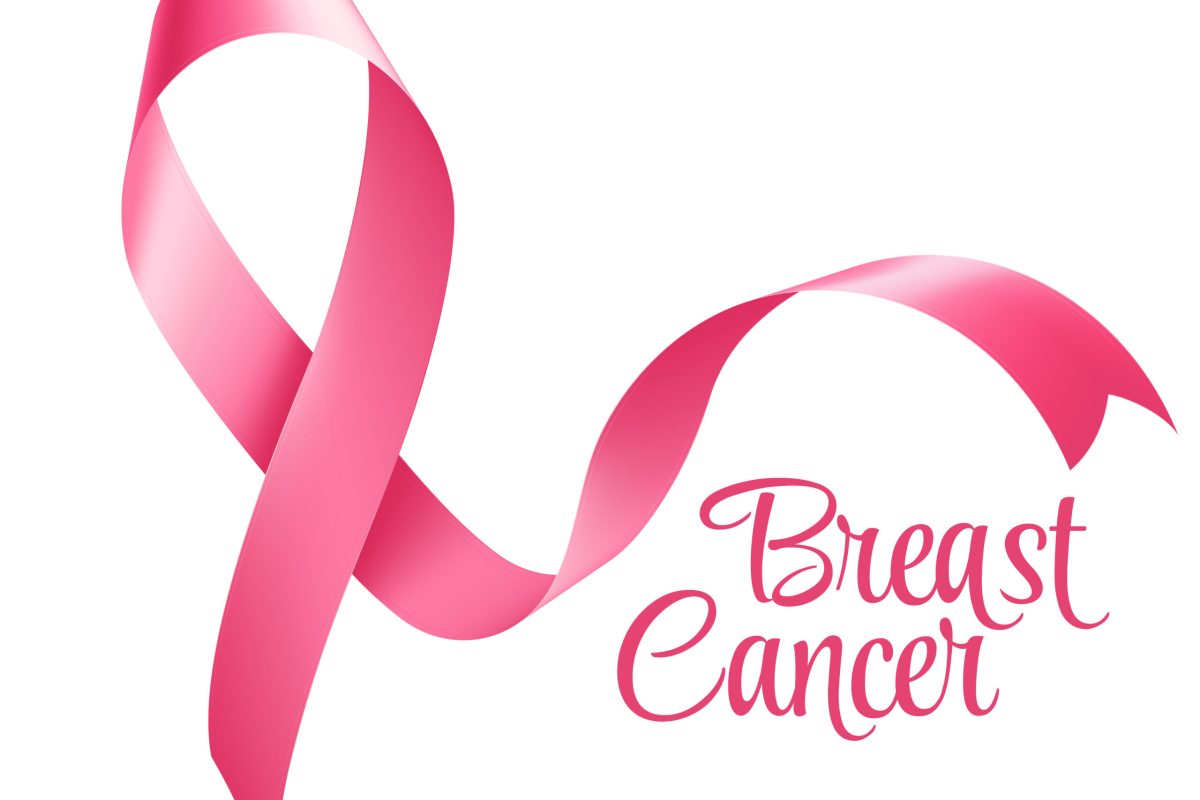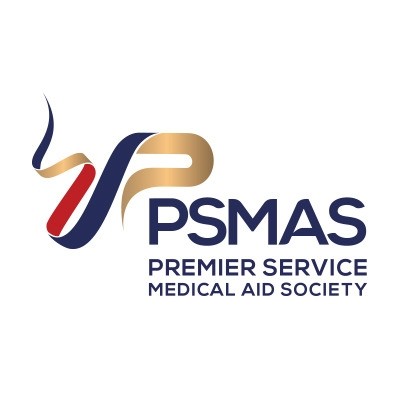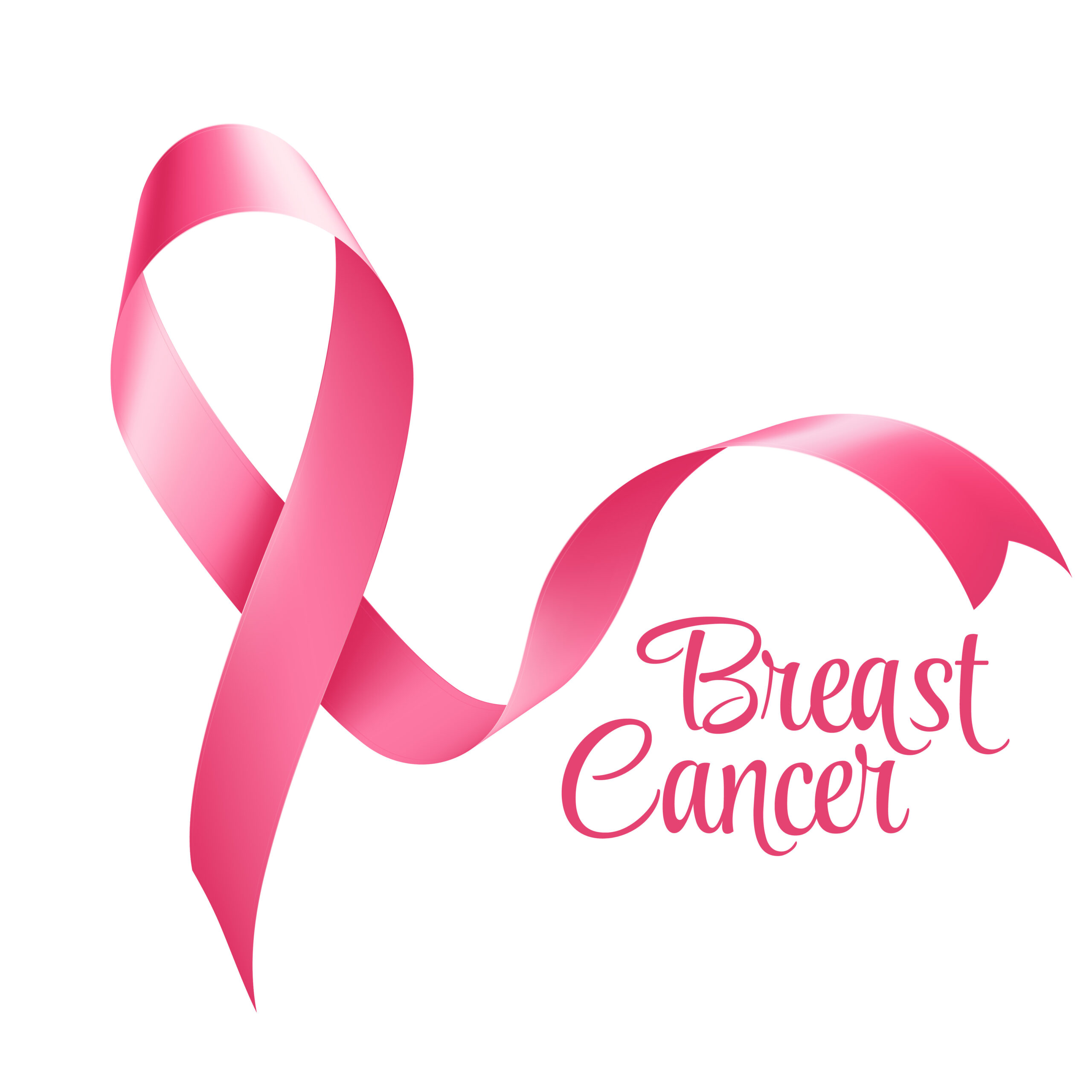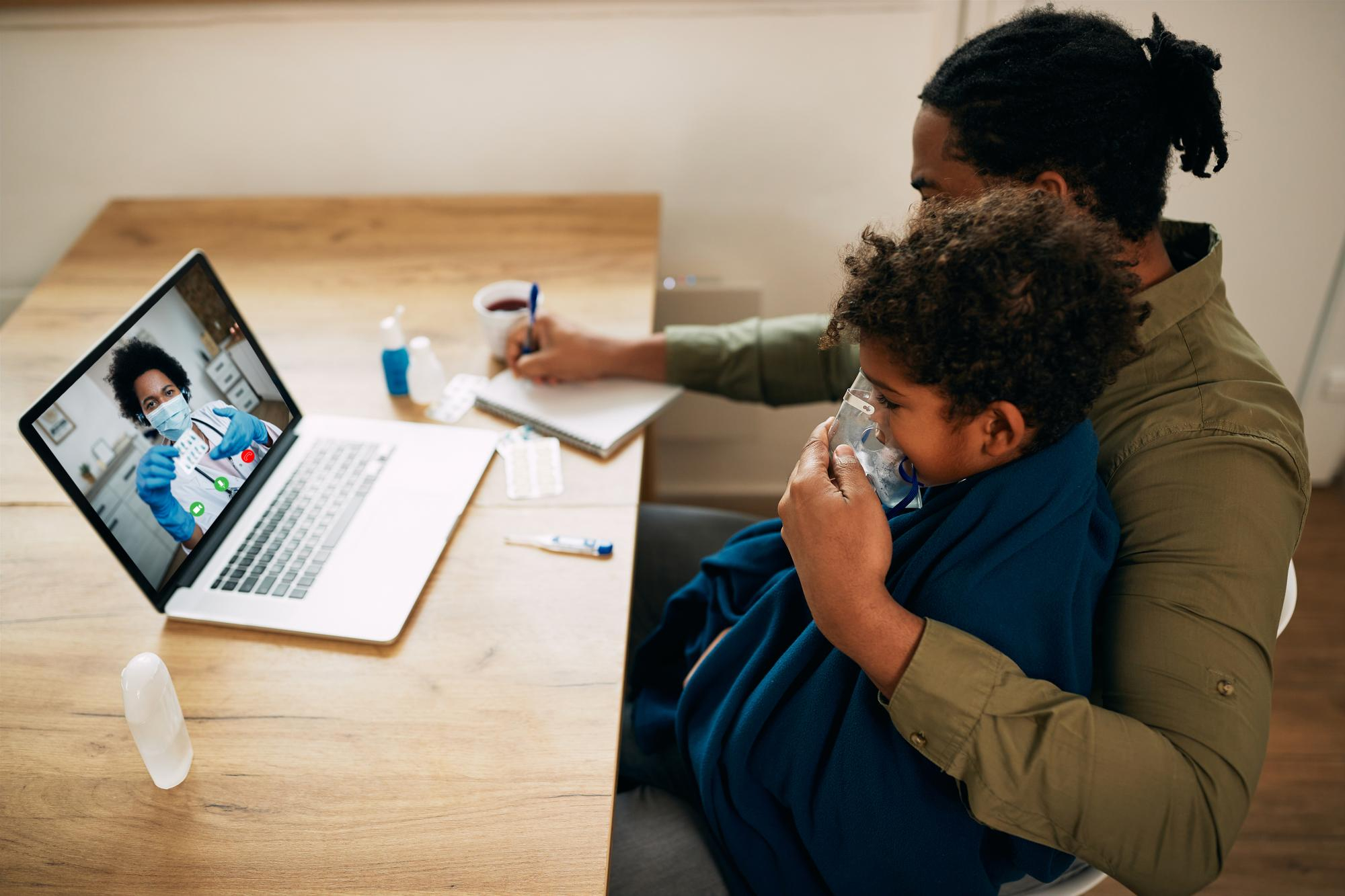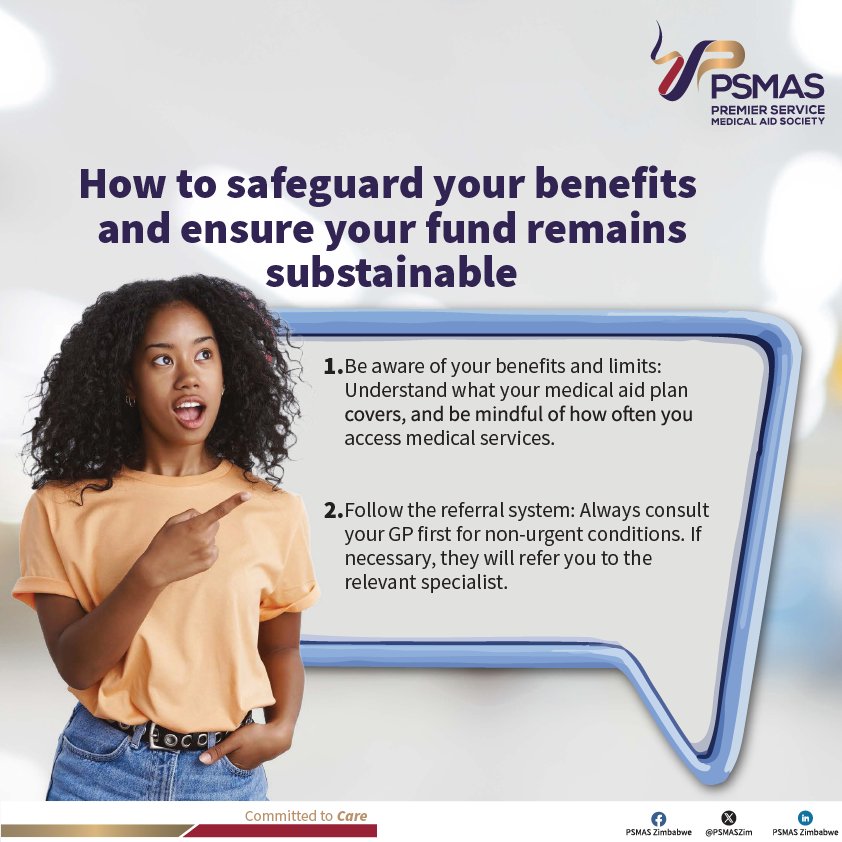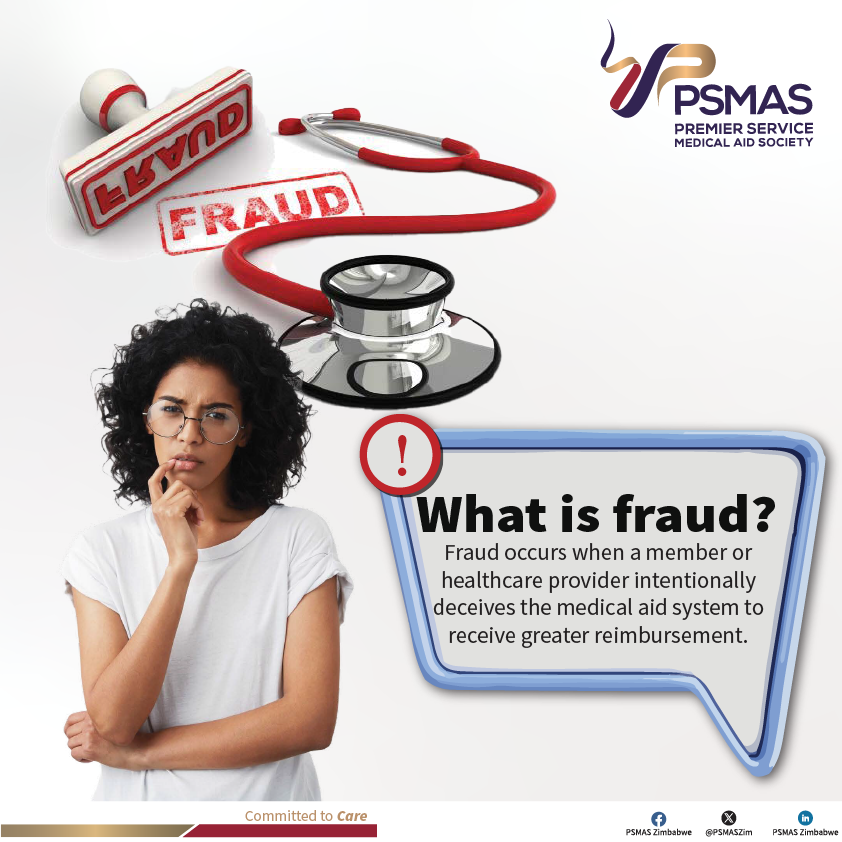Standing Together, Zimbabwe’s fight against breast cancer: 10 tips to minimize risk
Breast Cancer Awareness Month is here again, and PSMAS is joining the world in painting October pink. PSMAS, through its wellness outreach programme provides members with the opportunity to receive free screening. Beyond the ribbons and campaigns lies a serious reality: breast cancer continues to affect thousands of Zimbabwean families each year. Here are 10 ways to minimize your risk of developing breast cancer.
Maintain a healthy weight
Consider consuming traditional whole foods like sadza made from millet or sorghum instead of refined maize meal. Include leafy greens (covo, rape, spinach, kale), groundnuts, beans, and sweet potatoes. Avoid excessive fatty “take-away” meals and sugary drinks.
Stay Physically Active
Incorporate regular exercise by walking to work, doing chores, gardening, and farming which all count as exercise. Aim for at least 30 minutes a day of brisk walking, jogging, or dancing.
Consume a balanced diet
A balanced diet is a way of eating that provides your body with all the essential nutrients. Namely, carbohydrates, proteins, fats, vitamins, minerals, fiber, and water. In the right proportions to maintain good health, energy, and overall well-being. A balanced diet also involves moderation (not too much or too little of any one nutrient), variety (different foods for different nutrients), and proportion (right amounts from each food group). Further research on the matter will help you get started.
Limit Alcohol consumption
Alcohol increases risk consumed in excess, avoid consuming alcohol.
Quit Smoking
Cigarettes are harmful to health. Did you know? Even exposure to second-hand smoke in kombis or social spaces can increase risk of developing cancer.
Breastfeed
Breast feeding reduces lifetime exposure to estrogen. High levels of estrogen (a female hormone) are linked to higher breast cancer risk. During breastfeeding, estrogen levels drop, lowering overall lifetime exposure.
longer breastfeeding = greater protection.
Studies show that women who breastfeed for 12 months or more (cumulative, across all children) have a significantly lower risk of developing breast cancer compared to those who don’t breastfeed.
The protective effect is stronger against more aggressive types of breast cancer, like triple-negative breast cancer, which is more common in younger women and women of African descent.
Limit Hormone Therapy
Some women use hormone injections or pills for menopause or contraception. Always consult a doctor about the risks and safer alternatives.
Get Enough Rest & Manage Stress
Stress is real, but managing it matters. Prayer, meditation, community support groups, or even light exercise for mental relief keep the body fit and immune system strong.
Regular Screening & Awareness
Attend free or low-cost breast cancer screening camps when available (many clinics run them in October).
Also conduct monthly self-breast checks and report any unusual lumps, discharge, or changes to a clinic immediately.
Reduce Environmental Risks
Limit use of plastic containers for hot food (chemicals can leach out).
Prioritizing choosing natural skincare over harsh bleaching creams, which sometimes contain harmful chemicals.

